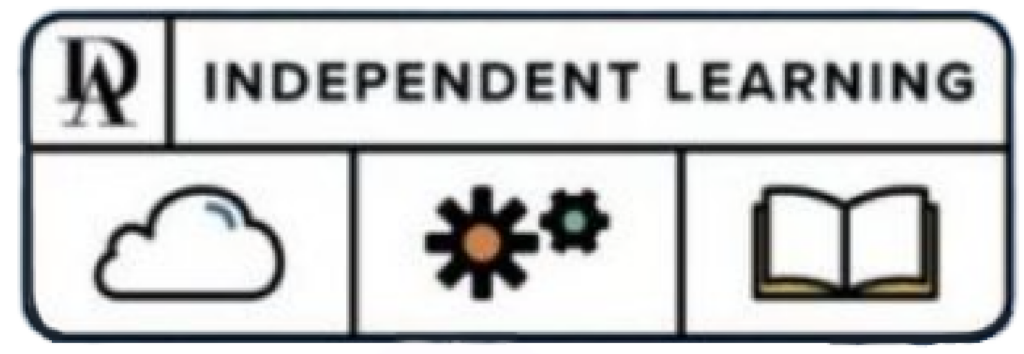NEURODIVERSITY describes the range of differences in individual brain function and behavioral traits, regarded as part of normal variation in the human population and used especially in the context of autistic spectrum disorders "the concept that autism and other disabilities like dyslexia, dyspraxia, ADHD, and so on, are normal variations in the human population and do not require a cure, but rather accommodation and acceptance” ~ Eric Garcia, author of We're Not Broken "neurodivergence includes autism, ADHD, Tourette's syndrome, and cognitive, psychiatric, and intellectual disabilities, such as Down Syndrome or even depression and anxiety (even if people with those mental illnesses might not identify as neurodivergent fully, the nature of the conditions still describes a difference in brain function and processes)" ~ speaker on Neurodiversity and Self-Advocacy at Guilford College's DEI conference "the notion that [various functionings of the brain] should be regarded as naturally occurring cognitive variations with distinctive strengths that have contributed to the evolution of technology and culture rather than mere checklists of deficits and dysfunctions.” - Steve Silberman, NeuroTribes: The Legacy of Autism and the Future of Neurodiversity
neurotypical — individuals who display “typical” thinking and behavioral patterns (“non-neurodiverse”)
autism — the Autism Self-Advocacy Network gives a great starting definition of autism here

allistic — a term used to refer to non-autistic people
Autism Spectrum Disorder (ASD) — the CDC defines ASD as “a developmental disability caused by differences in the brain [….] people with ASD often have problems with social communication and interaction, and restricted or repetitive behaviors or interests.” While commonly used in the medical field—for instance, in the DSM-5, which indicates the criteria for diagnosis—many autistic advocates criticize the negative connotations of this “definition” (which frames autism as a deficit, aligning with the medical model for disability) as well as its strict restriction of the wide spectrum of autism that erases many important aspects, resulting in poor resources and support systems for autistic individuals
masking — a complex and costly survival strategy for autistic people involving the (often subconscious) observation and replication of neurotypical behaviors and suppression of natural autistic behaviors like stimming or intense interest, usually resulting in emotional harm including autistic burnout, emotional distress, depression, anxiety, autistic fatigue and burnout, loss of identity, and more
nonverbal — many autistic people may be nonverbal or experience nonverbal episodes, in which they are unable to speak or communicate their coherent thoughts through speech; as always, there is a spectrum to this—some autistic people may become nonverbal over time (and there have been studies into the reasons and causes behind this), others may have nonverbal episodes which correlate to autistic shutdowns (often the result of overstimulation or overwhelming environments/situations), etc. I would recommend reading through this short post by the ASAN (see Organizations below) if you are interested in exploring more about this from an autistic person’s perspective.
the social model of disability — the notion that people are more disabled by physical and cultural barriers constructed by a neurotypical society in favor of a neurotypical way of life than they are by their disability
the medical model of disability — views disability as resulting from an individual person’s physical or mental limitations and focuses on finding a “cure” or making a person more “normal”
TWICE-EXCEPTIONAL intellectually gifted people who have some other diagnosable condition (such as autism) - estimated rates of intellectual giftedness in autistic children are 0.7–2%, compared to up to 1% in the general public.[1] - a greater prevalence of people with IQs over 140 (gifted/genius level) has been found among autistic people [2] - a link has been found between autism, high intelligence,[2] and giftedness [4] EMBRACE AUTISM Further Reading: Autistic and Gifted: How to Support a Twice-Exceptional Child, Seeing the Whole Gifted Child, The Co-Occurrence of Intellectual Giftedness and Autism Spectrum Disorders

